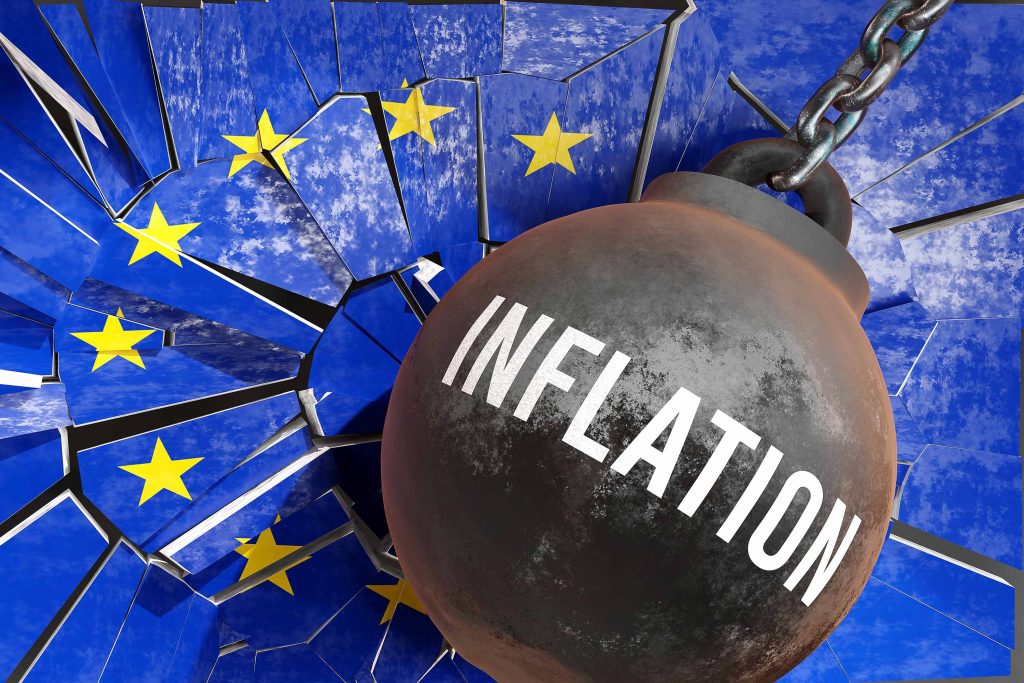Posted September 21, 2022 In Europe, the German central bank Bundesbank forecasts that Germany’s economy will fall into an economic recession this winter due to energy supply shortages originally caused by the war between Russia and Ukraine. The entity’s experts expect this recession to deepen in the fourth quarter of 2022 and to persist in the first quarter of 2023, with a slight recovery thereafter. The President of the Bundesbank, Joachim Nagel, confirmed that the ECB will have to raise interest rates by a greater magnitude if the current inflation trend persists, in order to achieve the objective of reducing inflation despite the fact that economic growth in the Eurozone be harmed. Action is expected in the UK this week by new Prime Minister Liz Truss, announcing tax cuts and energy saving packages. These measures will limit the scope of the recession in the coming quarters and potentially generate greater inflationary pressure in the medium term. In the foreign exchange market during the trading session on Monday, the price of the EUR/USD pair moved in a range of 0.9966-1.0029 to end up closing the session in European time at levels of 1.0024, exceeding parity. The interest rate on the 10-year US bond rose to 3.49%, the highest since 2011. The euro appreciated against the Japanese yen to 143.54, while it closed practically flat against the pound sterling at 0.8768 . The community currency appreciated slightly against the Swiss franc, reaching levels of 0.9669. INFORMATIONTitleInflation in Europe continues to rise and Germany urges the ecb for a steeper rate hikeDescriptionIn Europe, the German central bank Bundesbank forecasts that Germany’s economy will fall into an economic recession this winter due to energy supply shortages originally caused by the war between Russia and Ukraine. Author GLOBALCAJA
Inflation in Europe continues to rise and Germany insists the ECB to a more pronounced rate hike

